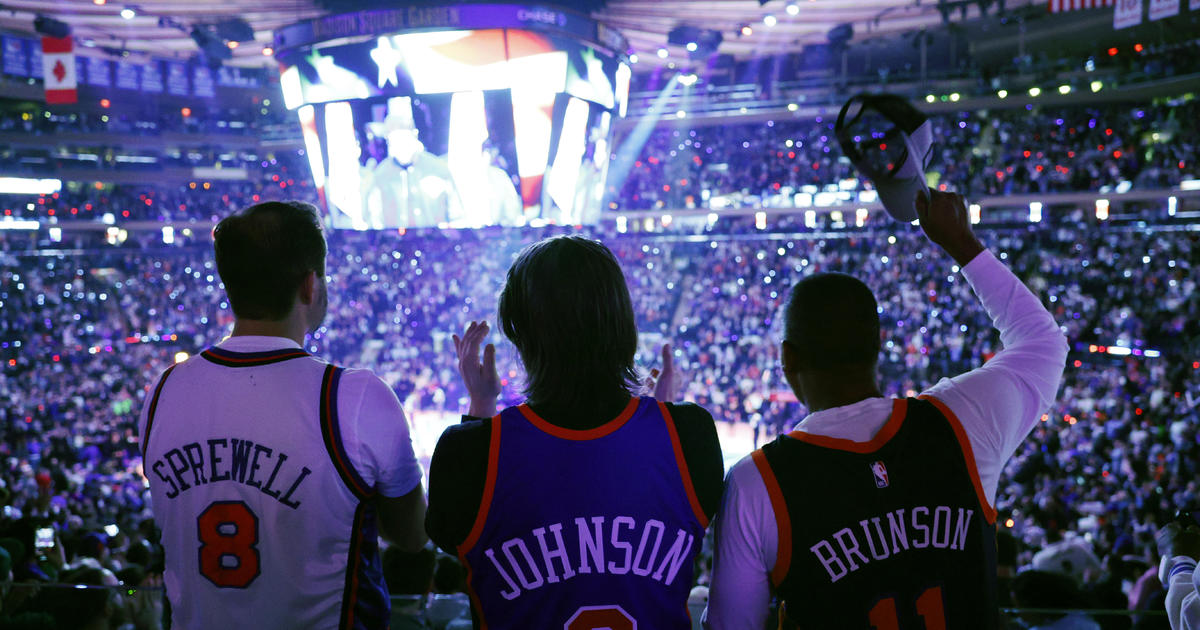New Non-Invasive Technique Promises Hope For Troubled Breathing
NEW YORK (CBSNewYork) - Judging by all the ads for things from nasal strips to sprays to medications, there are a lot of people who have trouble breathing.
For many it's nasal obstruction or congestion, but now there is relief with a new, non-invasive treatment, reports CBS2's Dr. Max Gomez.
All Tamar Katz wants to do is breathe again. It's been a challenge since she broke her nose in an accident several months ago.
"My breathing has been more difficult at night so I cannot breath from my nose as much as I would like to," said Katz.
She's tried nasal sprays, strips, and even wears a mouth guard to get a good night's rest, but she says nothing helps enough.
"I don't have enough energy during the day because I don't get enough sleep," said Katz.
She's hoping a non-invasive nasal procedure will finally give her some relief.
The Vivaer treatment delivers radio frequency energy to what's called the nasal valve, the entrance to the nasal cavity formed by the septum, cartilage on the side of the nose and bony protrusion called a turbinate.
It is done without surgery or incisions.
"When you heat up the tissues of the nose, it causes some of the tissues to shrink, to contract, and some of them become actually softer and you can mold them," said Dr. Ofer Jacobowitz of ENT and Allergy Associates. "We apply the heat and push and try to mold the tissues to a different shape - a more open shape and better breathing."
The procedure is done right in the office with local anesthesia and takes less than 30 minutes.
MORE: Breating Techniques For Atheltes
"In the clinical trial, as we say, the response rate - the number of people that had a good result - is 90 percent, which is quite impressive," said Jacobowitz.
Patients can experience some soreness and scabbing in the nose, but most return to normal activities right away.
"I could feel things opening up as he was doing it," said Katz.
It usually takes a month for patients to feel the full results. Katz says she can't wait to breathe better.
The treatment isn't covered by insurance at this time and can cost patients up to $1,000 out of pocket.



